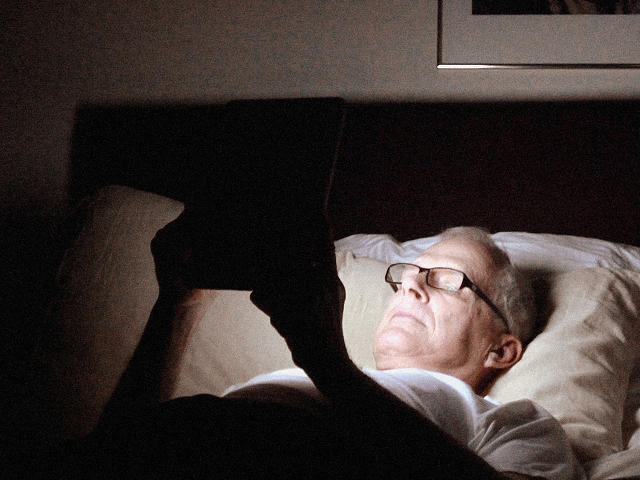Despite some recent headlines saying otherwise, France hasn’t banned people from sending work emails after business hours. But if a new French labor bill passes, large companies will have to negotiate with employees about how much digital communication should be limited after work. In other words, some companies might agree that employees shouldn’t be answering email at 11 p.m.
It’s a policy that some companies in the U.S. are also experimenting with. At Vynamic, a health care consulting firm, emails are discouraged between 10 p.m. and 7 a.m. on weekdays and all day on weekends, through a program the company calls “zmail.”
“Stress was showing up as a challenge for our team—an area that we weren’t really making improvements on,” says Dan Calista, CEO of Vynamic. “Through some conversations about the abundance of email and the always-being-on nature of our jobs, we realized that this could be a great opportunity to create a structured way to disconnect on a regular basis, not just for vacations.”

The company’s policy isn’t just about encouraging people to stop checking their email and relax, but to stop them from bothering their coworkers during off-hours. In the past, someone might have sent emails late at night because that’s when they got around to it, not because it was urgent. With the new policy, if someone wants to catch up on email after work, they’re encouraged to save emails as drafts to send the next day. If something’s really urgent, they can text or call.
“It’s a great test, because if you find yourself hesitating—I don’t want to bother the person with a phone call or a text—it’s a great indicator to say, well, it’s probably not urgent enough to send an email, so why not just hit save,” says Calista. “You can draft it now and send it out Monday morning.”
The company adapted smoothly to the policy. Like companies that have limited work hours (like this tech company that always takes Fridays off), they’ve found that the shift helps make them more focused and productive.

“It’s been far less challenging than I thought,” he says. “When I first started thinking about the idea, maybe like a lot of great ideas, at first it seemed crazy . . . The more we talked about it, the more we thought it could be really productive, and what it’s done is it’s created an environment of what’s truly critical and timely, and what is not.”
This type of policy may become more common—not just with firms like Vynamic that are competing for top talent, but with employers that are concerned about paying hourly workers overtime under the new overtime rules.
“If you have employees who are covered by the Fair Labor Standards Act and they’re working after hours, they’re eligible for overtime even if you’re not telling them to work,” says Peter Capelli, a management professor at the Wharton School of the University of Pennsylvania. “In fact, you have to sort of tell them not to work. Even then, if you create a context where a reasonable person might do the work—like somebody’s sending you an email that says what do you know about this, we got a problem here, and you respond—that’s working time and you have to pay them for it.”
In California, where similar overtime rules have been in place for longer, organizations such as Pomona College have policies that tell hourly workers to not read their emails after work. If they do, they’ll have to be paid overtime.
At Vynamic, there’s evidence that limiting after-work email makes employees happier. Vynamic uses a third party to survey its employees each year, and job satisfaction is now in the low 90s out of 100 (in comparison, only about 48% of American workers overall are satisfied with their jobs).
Compared to other employee perks—like free food or health care—changing an email policy costs a company nothing. “There’s not a lot of programs that I’m aware of that have such a huge return on investment and no out-of-pocket cost to it,” says Calista.
Have something to say about this article? You can email us and let us know. If it’s interesting and thoughtful, we may publish your response.
related video: Are you making the most of your free time?
Fast Company , Read Full Story
(13)